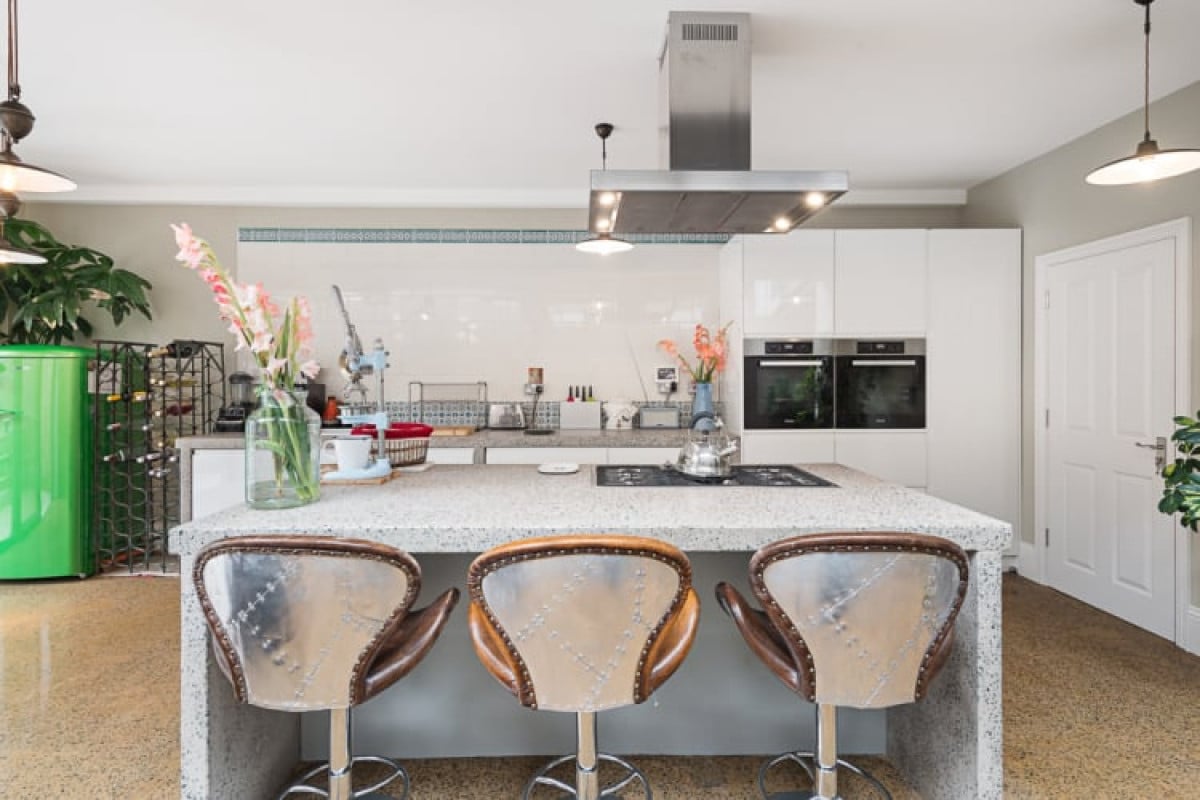What Tenants Should Check Before Renting: A DIY Guide to Smarter Choices

Renting a Property? Here's What to Check Before Signing Anything
Whether it’s your first time renting or you’ve done it all before, it’s easy to rush into signing a tenancy agreement - especially when you’re excited about a new home. But taking the time to do a few essential checks now can save you stress, money, and sleepless nights later on.
This guide is for renters who want to stay in control, especially if you're taking a more DIY approach through a platform like Emoov. We’ll walk you through the real costs, the safety checks, and the legal paperwork - so you can rent smarter and avoid common pitfalls.
Know the Full Cost of Renting
It’s not just about the rent advertised on the listing. Before committing, make sure you have a clear picture of all the costs involved. Ask the landlord or agent to break down:
- The security deposit (capped at five weeks’ rent for most tenancies)
- Who pays for utilities - gas, electric, water, broadband, council tax
- Whether the property is furnished or unfurnished - this can seriously affect your move-in costs
- Any service charges, ground rent or parking permits, especially in flats
Also consider upfront costs like removals, new furniture, and whether you’ll need contents insurance. A flat that seems affordable at first glance can quickly become a squeeze once the extras are factored in.
Research the Area Thoroughly
The right home in the wrong location can still make for a miserable tenancy. Spend time walking around the area at different times of day and week, and consider:
- Public transport links and commuting times
- Local shops, parks, cafés or gyms
- Safety - is the street well-lit at night?
- Noise levels - especially near roads, pubs or railway lines
- Proximity to schools, if you have children
You can also use tools like StreetCheck or police.uk to get insights into local demographics and crime rates.
Inspect the Property Carefully
Viewings can be brief and polished, but don’t be afraid to be thorough:
- Turn on lights, test taps and showers, flush the toilet
- Check radiators and the boiler (ask when it was last serviced)
- Look for signs of damp, mould or leaks
- Check windows and doors for secure locks and seals
- Ask if any repairs or refurbishments have recently been done - and what’s still outstanding
If you notice any problems, request in writing that they’re resolved before you move in. Once you’ve signed, it’s harder to get things changed without delays or disputes.
Understand Your Rights - and the Contract
A tenancy agreement is a legal contract, and you should never feel rushed to sign one. If anything is unclear, ask for clarification - or get advice. The agreement should clearly include:
- Start and end date of the tenancy
- Notice period for ending the agreement
- What the landlord is responsible for (e.g. boiler, roof, major repairs)
- What you are responsible for (e.g. minor wear and tear, light bulbs)
- Deposit protection scheme details
- Restrictions (e.g. pets, decorating, subletting, smoking)
Also ask:
- Who manages the property - the landlord directly or through a managing agent?
- How do you report repairs or problems, and how quickly are they usually handled?
Make sure you know what you’re signing up for, as you could be tied in for 6 or 12 months, and leaving early may come with penalties.
! Changes are coming
There are likely to be major updates to tenancy agreements in England before March 2026, including changes to notice periods and tenant rights. Read more about the Renters Reform Bill here.
Ask for Compliance Documents
Before you move in, your landlord is legally required to provide:
- A valid Energy Performance Certificate (EPC)
- A recent Gas Safety Certificate
- An Electrical Installation Condition Report (EICR)
- The latest ‘How to Rent’ guide from the government
- Written proof of your deposit protection
If any of these are missing, it could be a red flag - and your landlord may be breaking the law.
Protect Your Deposit
Always request a full inventory before moving in. This should include details on furniture (if provided), as well as the condition of floors, walls, windows, appliances and fittings.
You should also:
- Take your own dated photographs of each room
- Share them with the landlord or agent
- Make sure anything broken or stained is clearly listed in the inventory
This protects you from unfair deductions when it’s time to move out - and helps you keep your full deposit.
Final Thoughts
Renting offers flexibility, but it also comes with big responsibilities. Signing a tenancy agreement without fully understanding your rights or the condition of the property can leave you vulnerable. Take your time, ask the right questions, and use Emoov’s renter resources to stay informed and protected.
A bit of extra caution at the start can save a lot of stress later, and help you enjoy your new home with confidence.
Image is from a property for let August 2025. This beautifully presented terraced house combines classic charm with modern comfort.For more details see here.

The Importance of Tenant Checks: A Guide for Tenants and Landlords
27.02.2025Finding the right tenant is one of the most important steps in ensuring a smooth tenancy. A thorough tenant check not only protects landlords from potential financial and legal issues but also helps tenants present themselves as reliable and responsible renters. Below, we provide a detailed, step-by-step guide for both tenants and landlords on what these questions mean, why they matter, and how to conduct thorough checks.
.png)
How to Book a Property Viewing
29.06.2022Learn how to search for properties, book viewings, and manage appointments online with Emoov. Arrange, reschedule, or cancel viewings anytime from your dashboard.
.png)
First Time Renters Guide
05.05.2020What Do First-time Renters Need to Know Before Moving Day?









